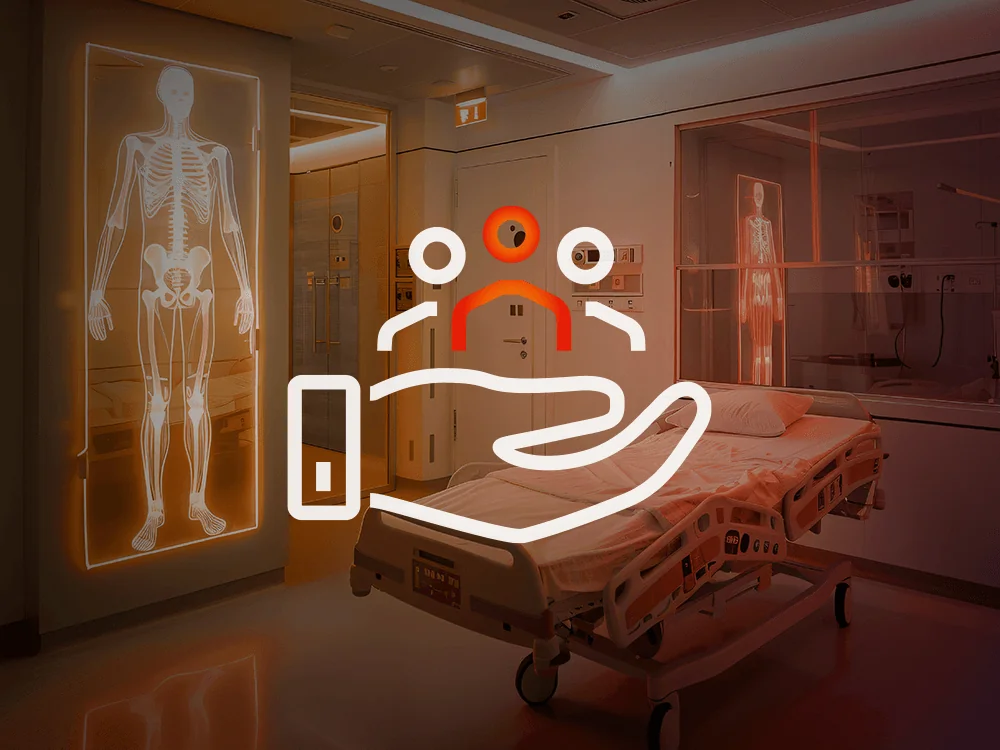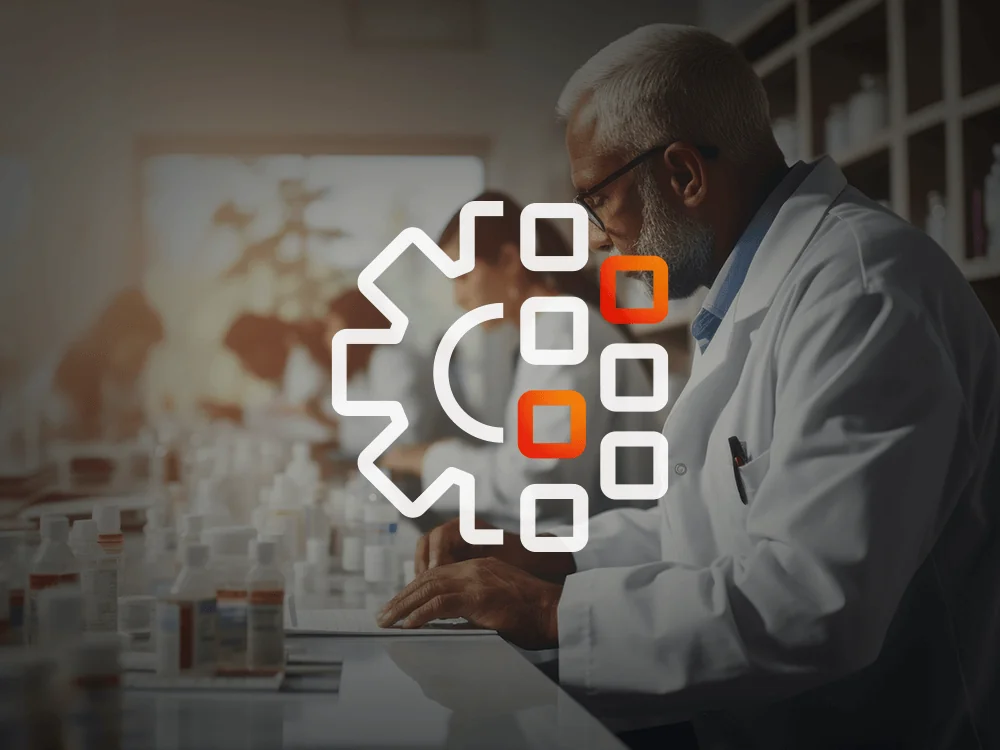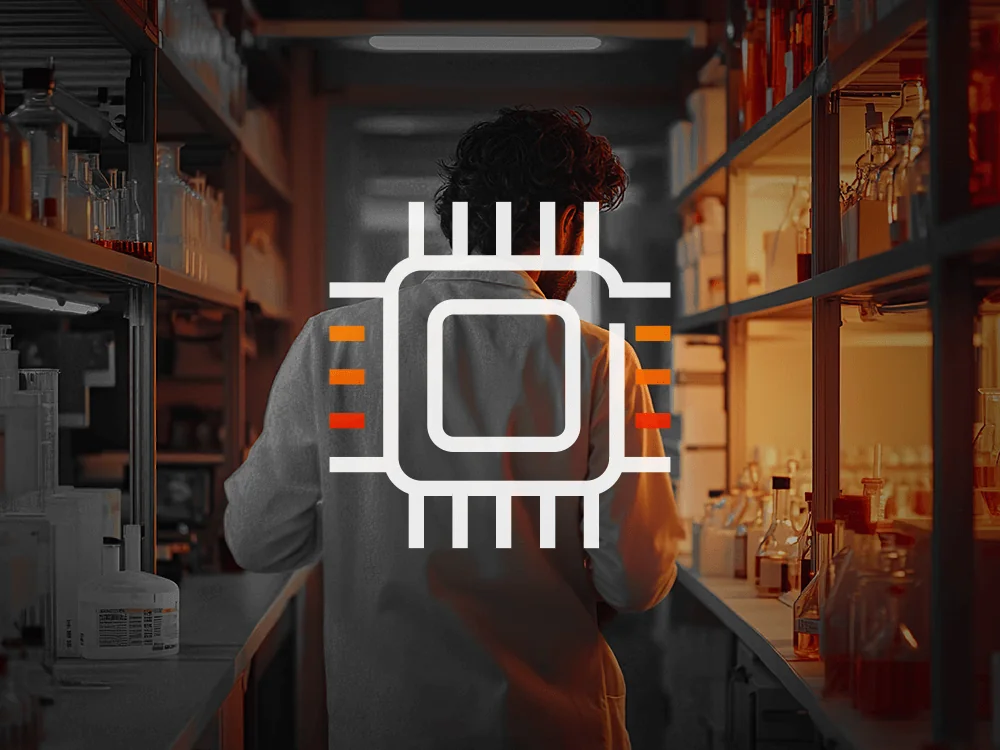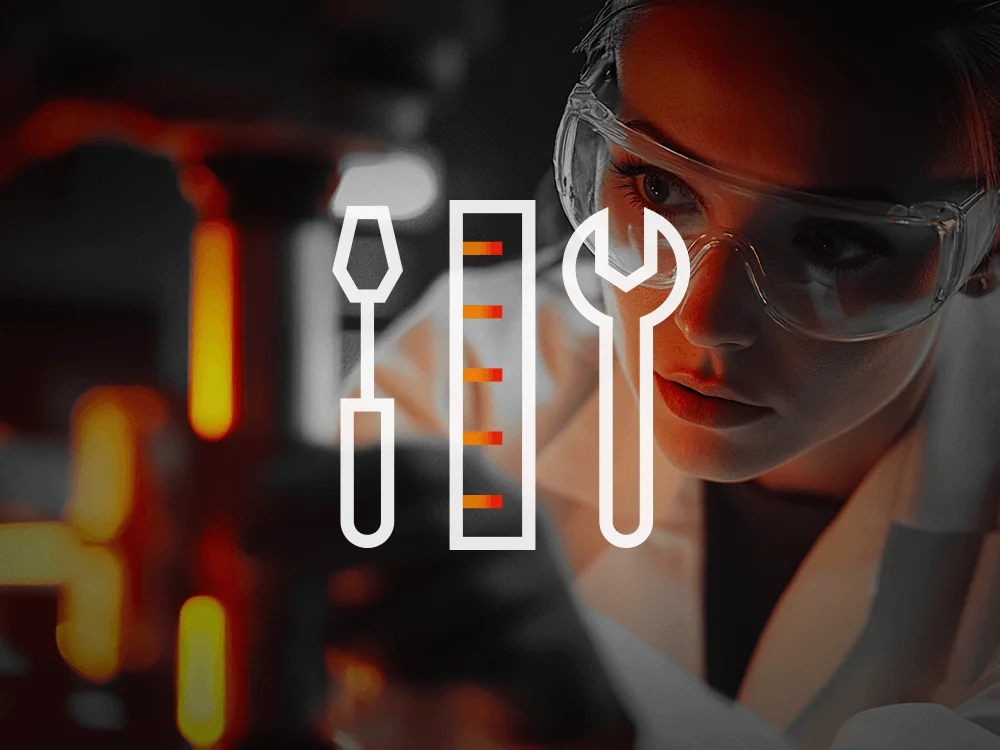Growing pressure on margins
Hospitals are a vital part of the healthcare system, but there are currently many obstacles to their efficient operation. One of the challenges facing healthcare facilities is patient expectations regarding the quality of care and its cost. In order to provide patients with high-quality services at affordable prices, hospitals need to optimize their expenses.
Insurers and other entities that finance healthcare also influence the margins of medical facilities. The increase in costs associated with medical technology and pharmaceuticals is also significant. The ability of hospitals to increase revenues is often limited by health policy regulations. This forces medical facilities to look for new ways to remain profitable.
Personalization of therapy
Patients’ expectations relate not only to the quality of services and their cost, but also to the personalization and effectiveness of therapy. It should be tailored to their individual needs and provide satisfactory results. These expectations are certainly a challenge for medical and research institutions. However, they are also a driving force for their development. To meet these needs, it is necessary to invest in modern technology and staff training, which undoubtedly entails high costs.
The pursuit of personalized medicine requires the use of advanced analytical tools to take into account genetic and environmental factors and assess their impact on health. In-depth data analysis also helps identify the most effective therapeutic paths and enables the creation of individualized treatment plans. However, the implementation of innovative solutions that support the personalization of therapy requires expensive investments in the infrastructure of hospitals and research facilities, as well as in their human resources.
Interactions with suppliers and partners
The continuity and quality of healthcare depends, among other things, on the effective management of relationships with suppliers and trading partners. To minimize operating costs, hospitals and research institutions face the challenge of negotiating prices and contract terms. However, in the case of advanced medical technologies, prices can be volatile. In order to negotiate favorable terms with suppliers and partners, hospitals and research facilities need to have excellent knowledge of the market and the ability to adapt to current conditions.
Effective logistics coordination and supply chain management are essential to ensure that products and services are delivered on time and to the required quality standards. Hospitals and research facilities are required to monitor inventory levels and manage resources efficiently. These are time-consuming tasks with a high risk of error. The complexity of interactions with suppliers and partners is also affected by the need to adapt to changing industry standards and applicable regulatory requirements.
On the threshold of change – process automation
Hospitals and research facilities are currently undergoing dynamic changes related to the transformation of manual processes into automated systems. These changes require not only significant financial means, but also technological and human resources. The implementation of advanced solutions, such as patient data management systems or automation of laboratory processes, undoubtedly helps improve the operations of hospitals and research facilities. However, it also comes at a high cost. In order to be able to use the new solutions, it is necessary to train the staff. Another challenge for hospitals and medical facilities will be the integration of new technologies with existing systems.










